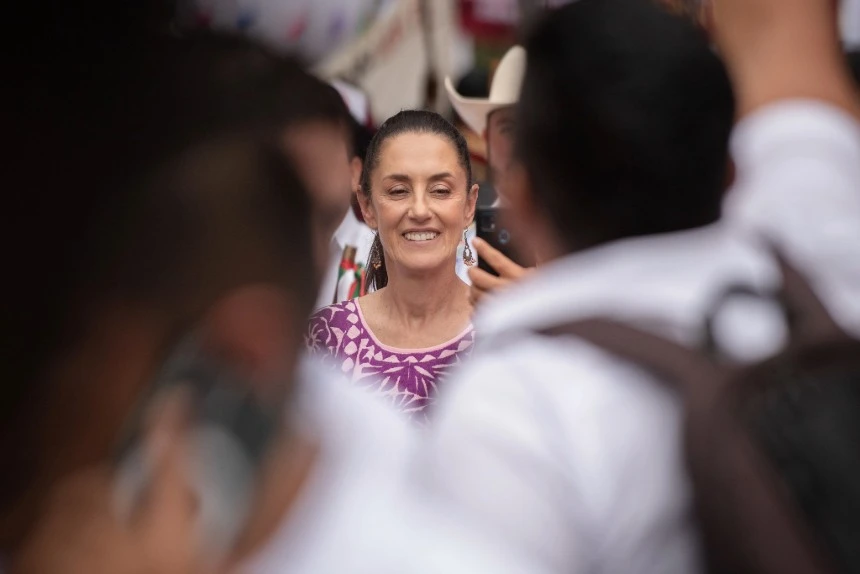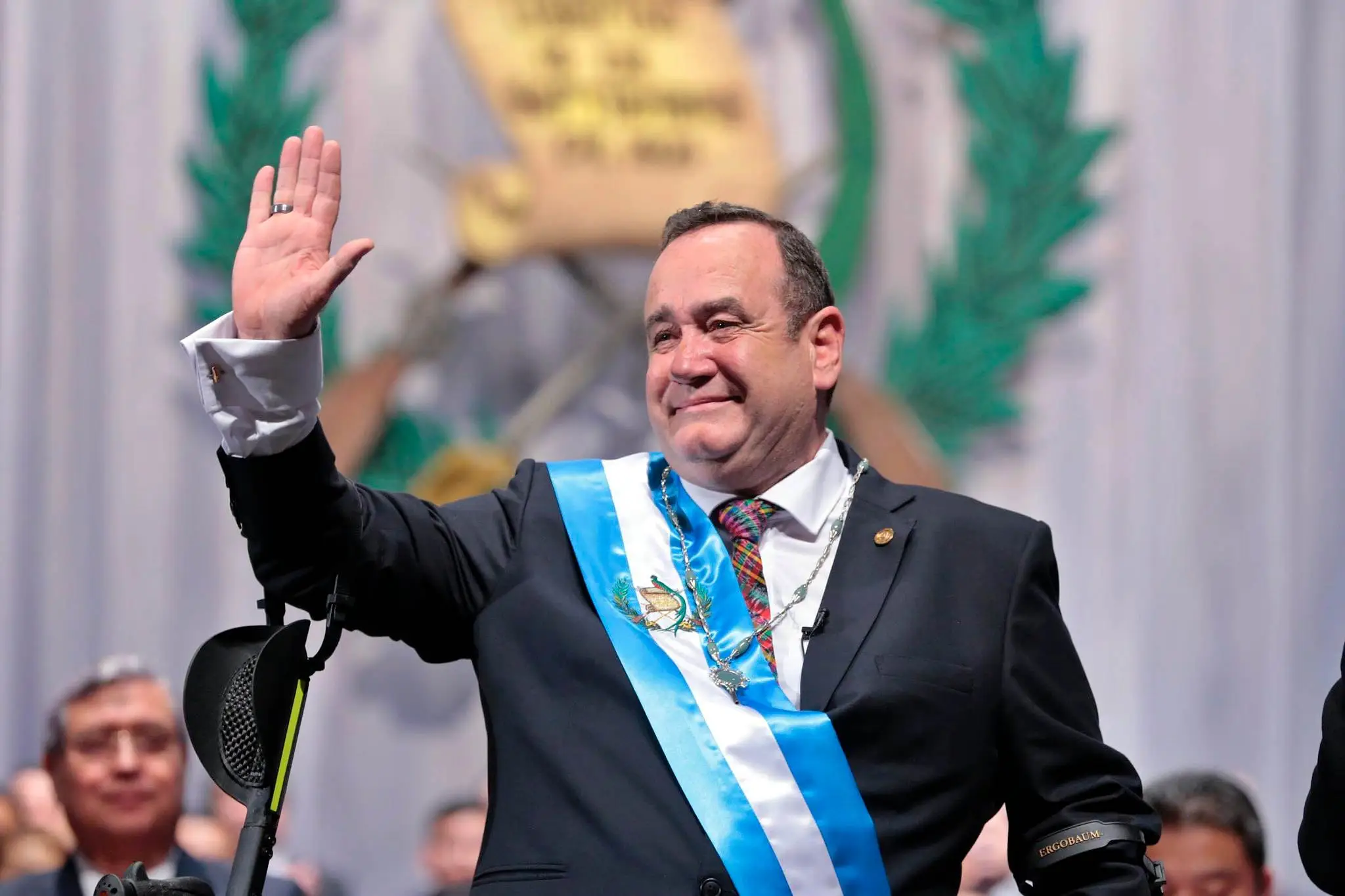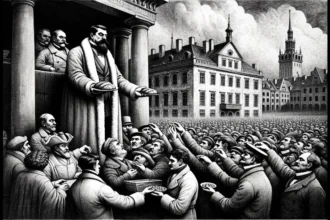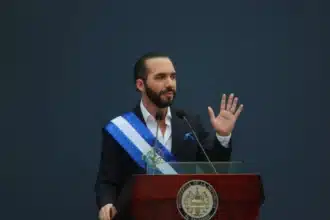On June 2, over 98 million Mexicans were called to the polls to elect the first woman president in the history of the republic and to decide on more than 19,000 positions.
Alongside local positions, mayoralties, and governorships, the elections included 128 seats in the Senate and 500 in the Chamber of Deputies at the federal level, where the Morena party and its allies secured a qualified majority.
The elections captured the brutality to which the people are subjected, being the most violent in Mexico’s history as a republic.
However, the elections were marred by homicides, intimidation, and electoral crimes. The next six years will be crucial for Mexico in the face of democratic erosion and the rise of organized crime.
Security of Mexicans and Electoral Violence
Security in the country was the most important issue on the agenda for the majority of voters. This is no surprise, considering the high rates of homicides and organized crime that plague the country and, to some extent, hinder its development in key areas.
Desperate over the government’s indifference, some “searchers” in the state of Jalisco nullified their votes, proposing the names of their missing relatives as independent candidates on the ballot, sending a message to the government that more must be done to locate and bring justice to the victims of forced disappearance.
The elections captured the brutality to which the people are subjected, being the most violent in Mexico’s history as a republic, with more than 30 candidates or aspirants to candidacy murdered during the electoral cycle and eight election-related homicides on the same day.
José Alfredo Cabrera, a mayoral candidate in Guerrero, one of the nation’s most dangerous states, was murdered just days before the elections, despite being under the protection of 15 security agents at the time. Similarly, Israel Delgado Vera, a syndic candidate in Michoacán, was fatally shot outside his home on the eve of the opening of polling stations.
Nevertheless, the impressive number of political homicides is only the tip of the problem. Hundreds of candidates were harassed and attacked personally or through their families, and even citizens resigned from being polling station officials due to threats. In most cases, organized crime is recognized as the source of violence and harassment.
AMLO has been labeled a danger to democracy for his vast attempts to diminish the power of political checks and balances he does not control.
Thousands of polling stations remained closed, dozens of complaints of alleged electoral crimes were filed, and ballots were even stolen by armed men in the state of Puebla. None of this is new for the election season, as violence, vote-buying, and polling station closures have been part of its normality for decades.
The First Woman President
Claudia Sheinbaum is a scientist, former head of government of Mexico City, and a founding member of the National Regeneration Movement (Morena), the leftist populist party created by Andrés Manuel López Obrador (AMLO). She was the president’s favorite to succeed him, as the constitution prohibits re-election after a six-year term.
Sheinbaum’s administration must strengthen democratic institutions and avoid previous authoritarian practices.
In a historic situation, Sheinbaum is the country’s first woman president, defeating another woman, Xóchitl Gálvez, a former senator of indigenous roots leading the conservative coalition, by a margin of approximately 30%. This marks a significant political and cultural advance for a society where machismo prevails.
However, she inherits a difficult national context from her predecessor. Along with a budget deficit of 6% of GDP, public finances are further strained by the growing debt under which the national oil company operates. Additionally, climate inaction is hard to ignore in the face of droughts, forest fires, and shortages of water and energy.
The Dangerous Legacy
Morena’s qualified majority in both legislative chambers grants Sheinbaum an alarming political monopoly. This is particularly relevant in light of her promise to continue AMLO’s legacy, who has already abused the legislative majority in the past, at the expense of democratic foundations.
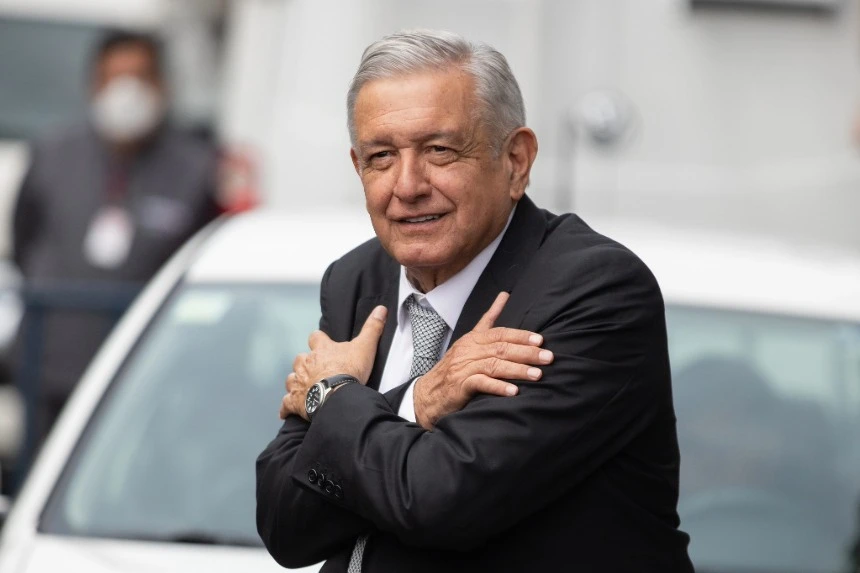
Alongside the disturbing militarization of public life, AMLO has been labeled a danger to democracy for his vast attempts to diminish the power of political checks and balances he does not control. His contested “Plan B” proposed changing the constitution in various instances, sparking protests across the country in defense of democracy.
On one hand, he directly attacked the National Electoral Institute, responsible for conducting elections independently of the government, by wanting to replace it with a body with greater government interference. When that failed, he proposed reducing the number of electoral councilors and drastically cutting the budget. He also aimed to reduce the number of justices in the Supreme Court and representatives in the Chamber of Deputies and the Senate, strategies implemented by leaders seeking to increase their absolute power.
A Future of Uncertainty for Mexico
The June 2, 2024, elections in Mexico, besides marking a historic milestone with the election of the first woman president, highlight the alarming violence and democratic challenges facing the country. This electoral process, cataloged as the most violent in Mexico’s history, reflected the grave influence of organized crime in the political sphere, underscoring the need to implement effective measures to ensure the safety of citizens and the integrity of the democratic process.
The next six years will be decisive for Mexico on several fronts. Sheinbaum’s administration inherits a complicated landscape, with a significant budget deficit and a climate crisis that cannot be ignored. The elected president will face the challenge of combating organized crime and implementing promised reforms to improve the well-being of the most affected communities.
It is crucial for the new government to demonstrate a firm commitment to democracy and the rule of law. Morena’s qualified majority in both legislative chambers grants considerable power but also poses risks of excessive concentration of power. It will be essential for Sheinbaum and her administration to work to strengthen democratic institutions, avoiding the authoritarian practices that characterized the previous administration.
Mexico’s future will largely depend on the new government’s ability to balance power and ensure that reforms are carried out inclusively and transparently. Reducing violence and organized crime is fundamental, but equally important is promoting governance that respects democratic principles and human rights.


